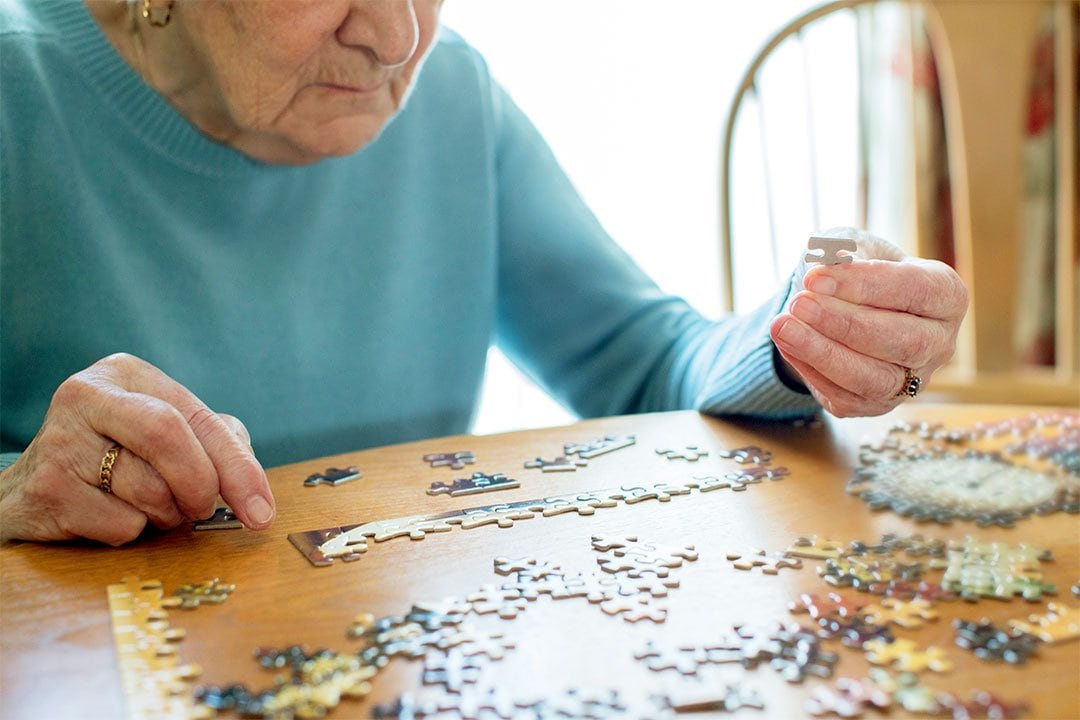How to 'Age-Proof' Your Brain
 As we get older there are many transitions the body goes through. Our hair turns gray, our skin begins to wrinkle and those joints that we never noticed before are starting to ache. But what is happening inside our body? More importantly, inside our head?
As we get older there are many transitions the body goes through. Our hair turns gray, our skin begins to wrinkle and those joints that we never noticed before are starting to ache. But what is happening inside our body? More importantly, inside our head?
Just like the other organs in the body, the brain goes through significant changes as we age. Portions of the brain begin to shrink, arteries slowly narrow and the communication between the brain's nerve cells reduce.
With these changes, some people will begin to notice subtle difficulty with remembering new information such as names. As these symptoms continue to progress, it can ultimately develop into cognitive impairment or dementia. These ailments can alter an individual's ability to remain independent as daily tasks become increasingly more challenging.
Fortunately, not all elderly adults experience a loss in mental function but the predictability of those who eventually will is still unknown. Although aging is inevitable, there are steps you can take to keep your brain healthier, longer. Follow these helpful tips to get yourself on track for a brain-healthy lifestyle.
- Regular Exercise: People who are active on a regular basis can increase their brain's overall health. So whether your biking, hiking or taking your dog on a walk, regular exercise should be an important part of your daily routine.
- Healthy Diet: Eating smarter can help your brain fend off harmful oxidation. Eat foods that are rich in antioxidants including fish and plenty of fruits and vegetables.
- Mental Stimulation: Your brain is just like the muscles in your body, if you don't use it, you lose it. Continue to learn and develop new hobbies and activities as you age.
- Quality Sleep: Your brain gets tired. Give it the break it needs. A good night's sleep increases memory creation and retention as well as helps the brain function to its full ability.
- Stress Management: Stress can take a toll on your brain's overall health, shrinking key memory areas. Remember to make relaxation a priority in your life.
- Active Social Life: Interacting with others can help to slow the rate of memory decline. Calling your kids, grandkids or friends and having engaging conversations is good for your brain's health.
The more you incorporate these habits into your daily life, the healthier your brain will be. This allows it to work hardier, stay stronger and maintain longer.